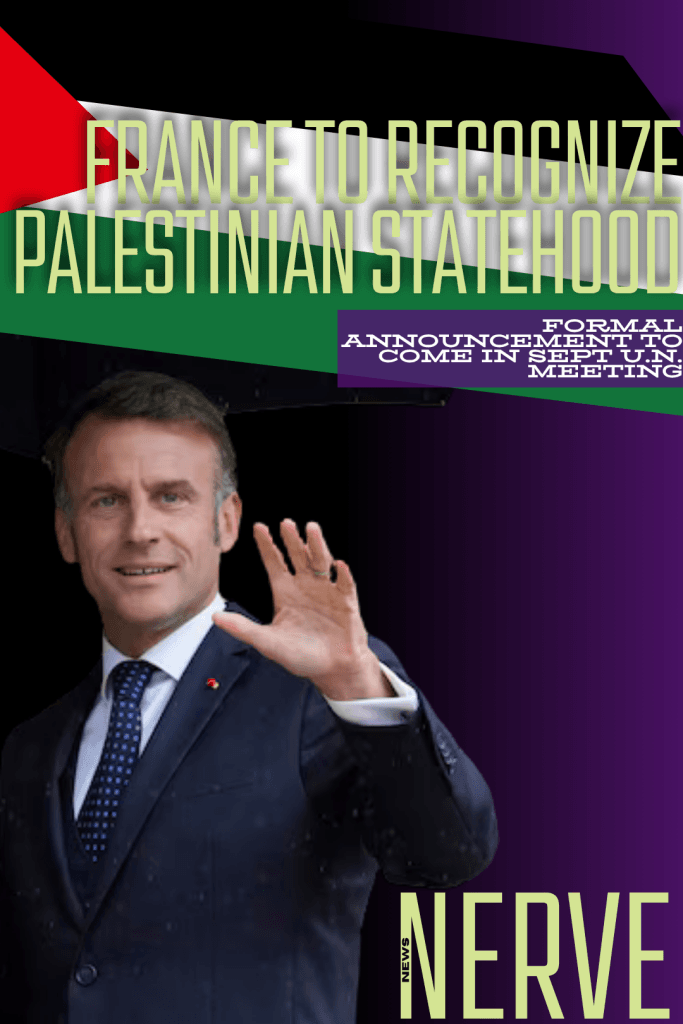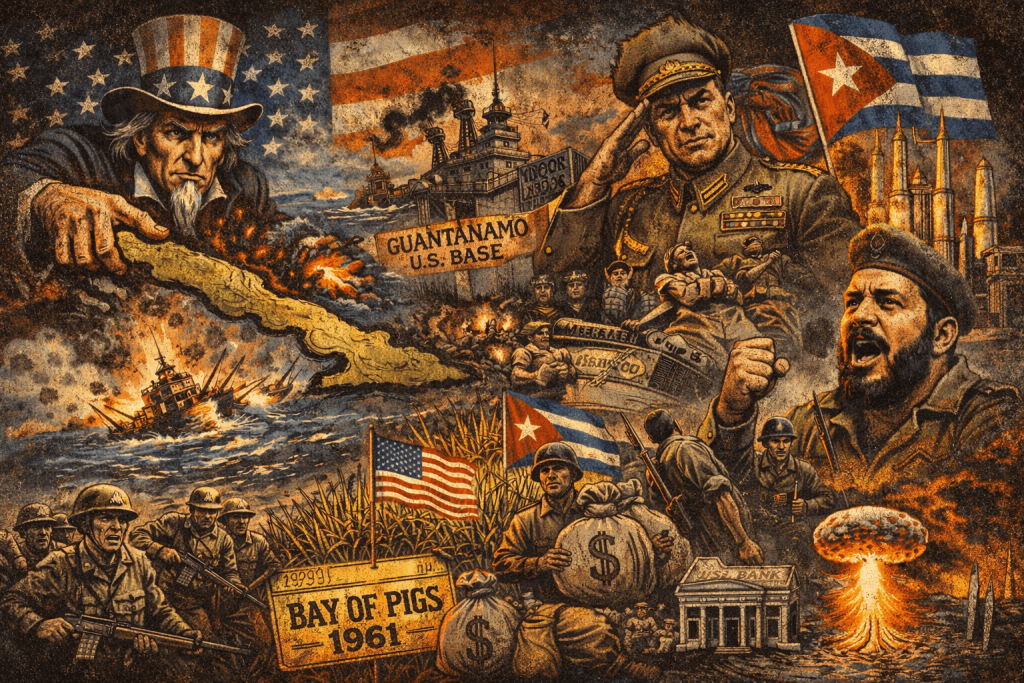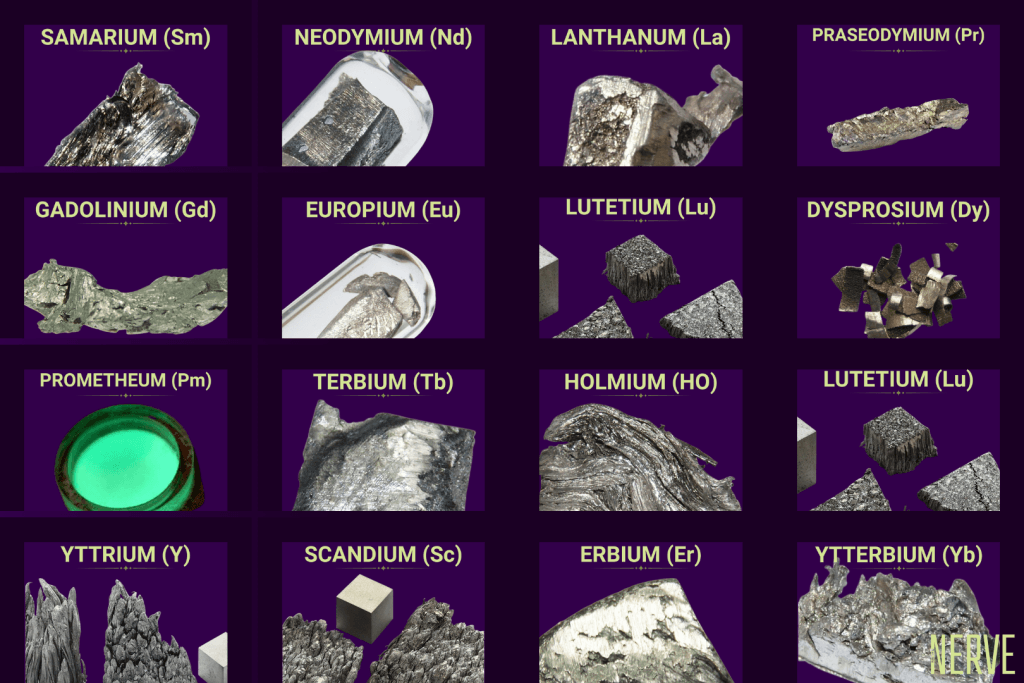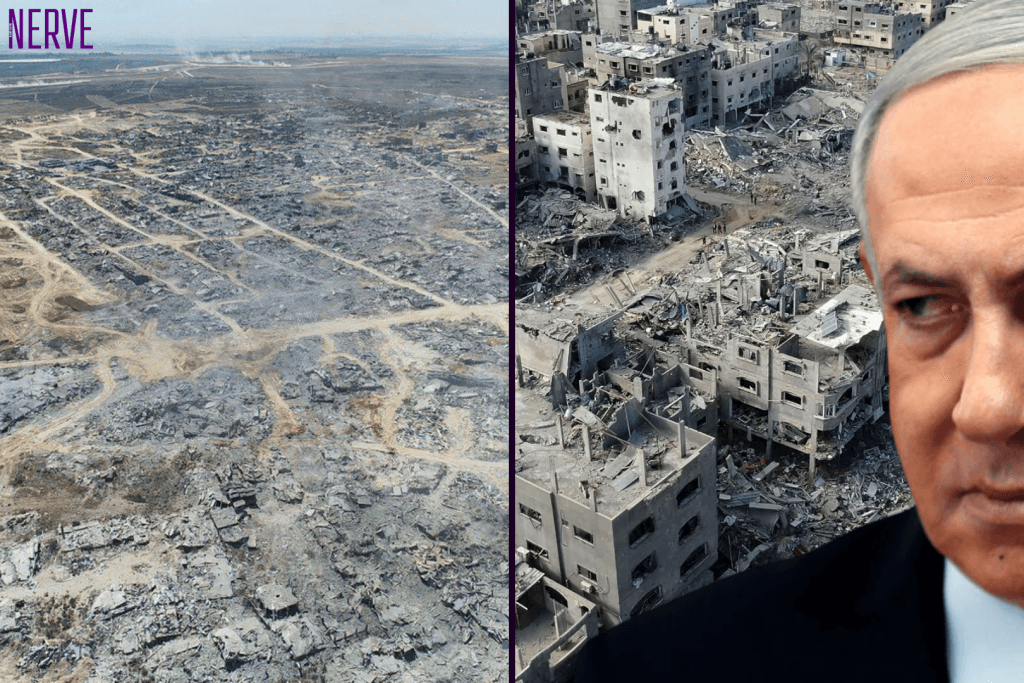UPDATE: U.S. Responds to Macron’s announcement and “strongly rejects” Macron’s plan
U.S. Secretary of State Marco Rubio issued a harsh rebuke of Macron’s decision, writing on social media that “The United States strongly rejects Emmanuel Macron’s plan to recognize a Palestinian state at the UN general assembly.” He continued, “This reckless decision only serves Hamas propaganda and sets back peace. It is a slap in the face to the victims of October 7th.”
Speaking to reporters from the White House on Friday, Trump echoed similar sentiments. “What he says doesn’t matter,” he told reporters. “He’s a very good guy. I like him, but that statement doesn’t carry weight.”
The statement reflects Washington’s increasingly confrontational stance toward unilateral recognition efforts and underscores the widening policy gap between the United States and some of its closest European allies.
The United States strongly rejects @EmmanuelMacron’s plan to recognize a Palestinian state at the @UN general assembly.
— Secretary Marco Rubio (@SecRubio) July 25, 2025
This reckless decision only serves Hamas propaganda and sets back peace. It is a slap in the face to the victims of October 7th.
France has taken a definitive step in the European movement to recognize the State of Palestine. In a formal letter to Palestinian Authority President Mahmoud Abbas, President Emmanuel Macron confirmed that France will recognize Palestinian statehood in September at the United Nations General Assembly, citing the urgency of peace and regional stability.
Consistent with its historic commitment to a just and lasting peace in the Middle East, I have decided that France will recognize the State of Palestine.
— Emmanuel Macron (@EmmanuelMacron) July 24, 2025
I will make this solemn announcement before the United Nations General Assembly this coming September.… pic.twitter.com/VTSVGVH41I
“Consistent with its historic commitment to a just and lasting peace in the Middle East, I have decided that France will recognize the State of Palestine,” Macron declared. “I will make this solemn announcement before the United Nations General Assembly this coming September.”
A Shift in Policy and Global Posture
The move, long anticipated by European observers, is now official. France’s recognition joins a wave of European countries reconsidering their position amid public pressure, humanitarian outrage, and shifting global sentiment. Macron emphasized that “the urgent priority today is to end the war in Gaza and to bring relief to the civilian population.”
France will coordinate with Spain, Ireland, Belgium, and other partners to maximize the diplomatic impact of recognition while managing potential blowback from Israel and the United States. “We need an immediate ceasefire, the release of all hostages, and massive humanitarian aid for the people of Gaza,” Macron said. “We must also ensure the demilitarization of Hamas, secure and rebuild Gaza. And finally, we must build the State of Palestine, guarantee its viability, and ensure that by accepting its demilitarization and fully recognizing Israel, it contributes to the security of all in the region.”
Reactions from Israel and Palestine
The response from Israeli Prime Minister Benjamin Netanyahu was swift and forceful. “We strongly condemn President Macron’s decision,” he said. “Such a move rewards terror and risks creating another Iranian proxy, just as Gaza became. A Palestinian state in these conditions would be a launch pad to annihilate Israel — not to live in peace beside it.”
We strongly condemn President Macron’s decision to recognize a Palestinian state next to Tel Aviv in the wake of the October 7 massacre. Such a move rewards terror and risks creating another Iranian proxy, just as Gaza became.
— Benjamin Netanyahu – בנימין נתניהו (@netanyahu) July 24, 2025
A Palestinian state in these conditions would be a…
Palestinian leaders, by contrast, embraced the announcement. “We express our thanks and appreciation to Macron,” wrote Hussein Al Sheikh, the PLO’s vice president under Mahmoud Abbas. “This position reflects France’s commitment to international law and its support for the Palestinian people’s rights to self-determination.”
Macron’s Vision for Peace
In his public message, Macron described the effort as more than diplomatic symbolism. It is, he stated, a matter of historical obligation and moral clarity. “There is no alternative,” he wrote. “The French people want peace in the Middle East. It is our responsibility — as French citizens, alongside Israelis, Palestinians, and our European and international partners — to prove that peace is possible.”
The statement follows a letter from Abbas reaffirming the Palestinian Authority’s commitment to reform, disarmament of Hamas, and elections in 2026. In response, Macron wrote, “In light of the commitments made to me by the President of the Palestinian Authority, I have written to him to express my determination to move forward. Trust, clarity, and resolve. We will achieve peace.”
Toward September and Beyond
France’s recognition is expected to be a catalyst for broader European alignment, particularly as nations reconsider their position on the conflict’s long-frozen parameters. Macron has committed to mobilizing international partners and supporting Palestinian institutional reforms to ensure credibility and viability of statehood.
“In doing so,” he said, “France will make a decisive contribution to peace in the Middle East and will mobilize all its international partners that wish to take part.”
As the region continues to endure war and its human toll, Macron’s words strike both a diplomatic and moral chord: “Peace is possible.”




